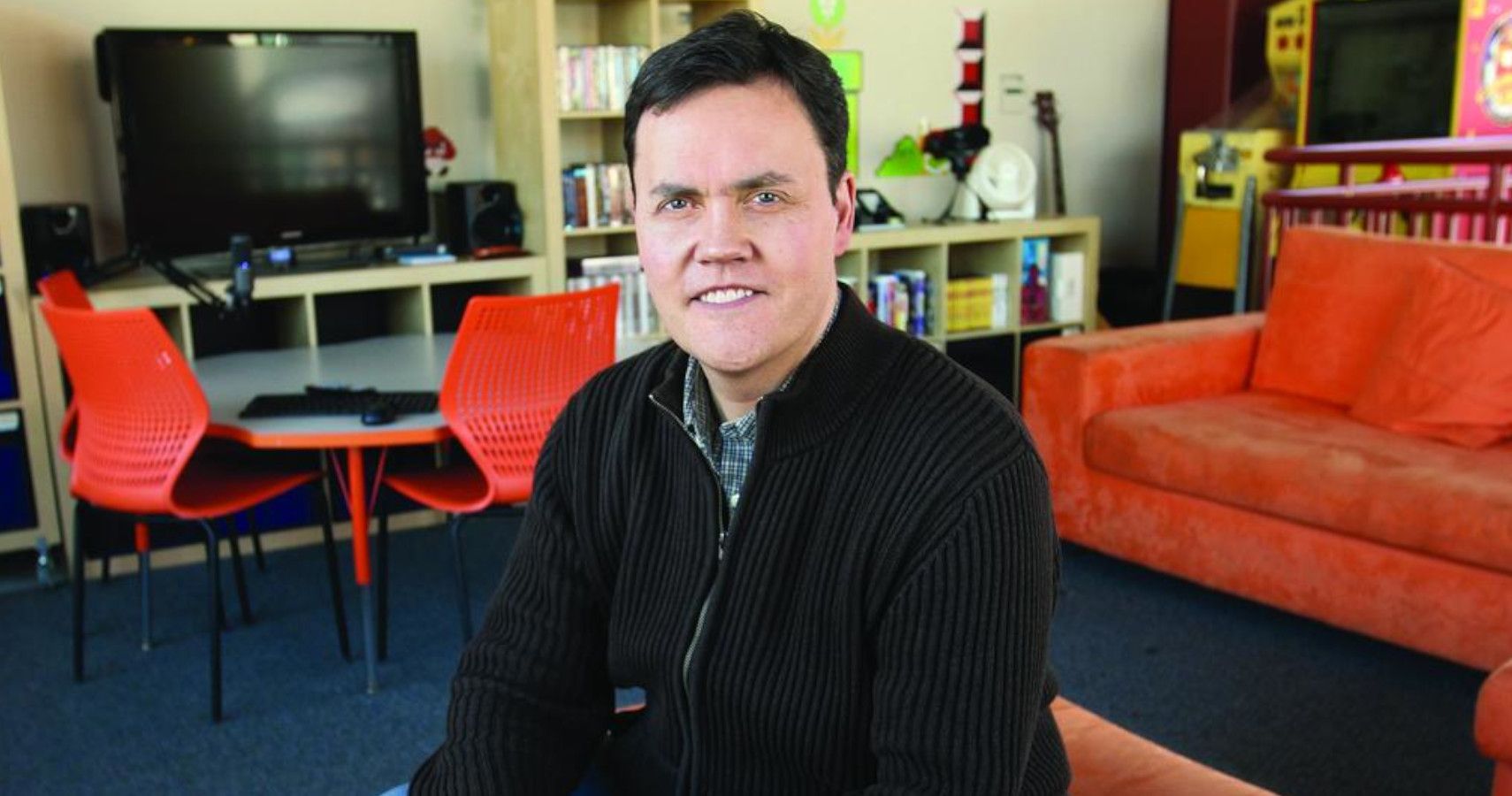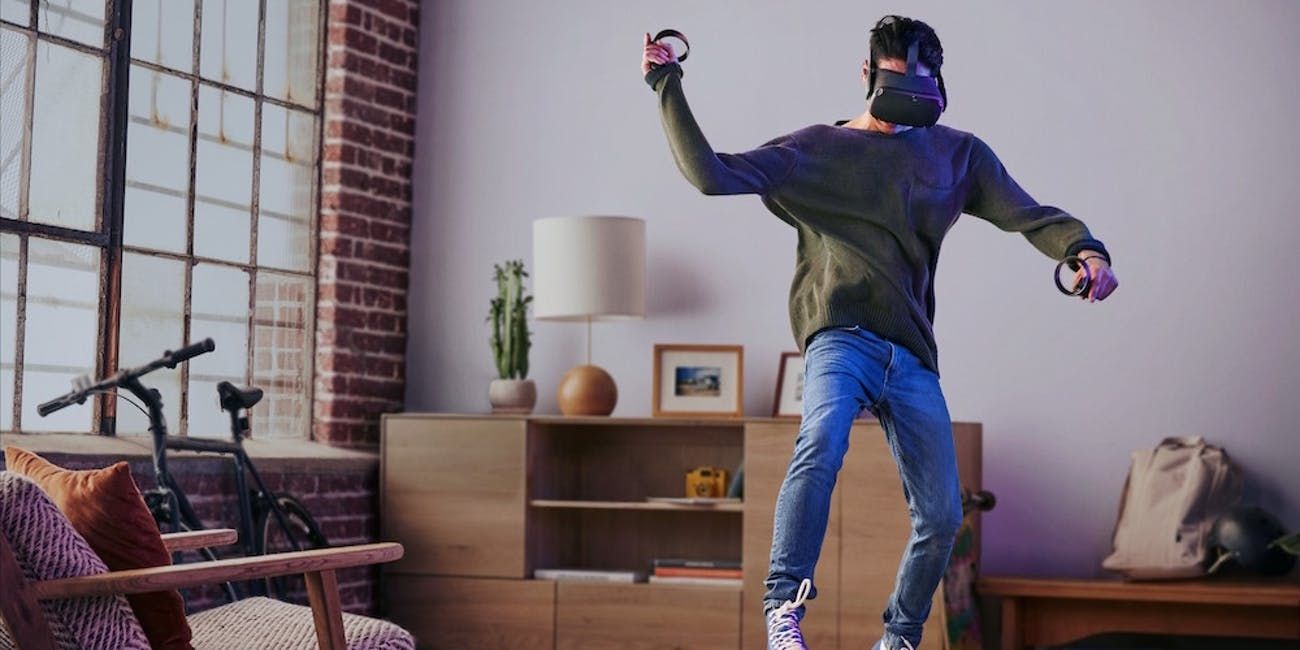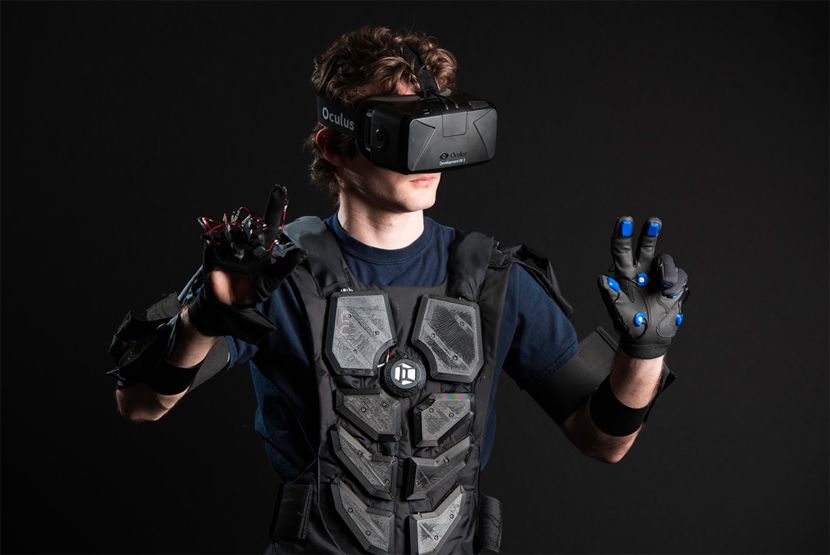If you're unfamiliar with Jesse Schell, you've certainly at least enjoyed some of his work. Jesse joined Disney Imagineering in 1995 and is one of the minds behind DisneyQuest, the futuristic AR/VR arcade that was a staple in Orlando's Downtown Disney from 1998-2016. His work with Disney also includes the best kid-friendly MMO of all time Toontown Online. Jesse is the CEO of Schell Games, a studio that has produced a dozen VR games, including 2 of the best VR games available today, I Expect You To Die and Until You Fall. Jesse has been the Professor of the Practice of Entertainment Technology teaching a course called Building Virtual Worlds at Carnegie Mellon University since 2002 and, if you've ever studied game design, you've most likely read his book The Art of Game Design.
As an important figure in both home and location based VR, Jesse's insights into the gaming industry are extraordinary valuable. We had the opportunity to sit down for a one-on-one with Jesse and pick his brain about the future of VR.
The Death Of Parasite VR
Virtual Reality systems that rely on beefy PC setups to work are a stepping stone to stand alone devices like the Oculus Quest, a headset Jesse considers to be the first step towards the future of VR technology:
"We're already seeing the Oculus Quest get pretty good traction. I think it's going to be systems like that, that are designed for it, no wires, no external connections, inside out tracking, if you can get those things at a low price point, I think that's when you've got your mass market. The Quest, I feel, is the beginning of the true VR market place. I would predict that by 2024 there would certainly be well over 10 million people using systems like that."
Getting the Quest to match the specs of something like the Oculus Rift or Valve Index on a high powered gaming PC is certainly a challenge, but the Quest as it is today, as far as Jesse is concerned, is ready for the mass market.
Improving The Hardware
To Jesse, the Quest is essentially the model for what future VR will continue to be. He explains why, in a sense, the future of VR has already arrived in the Quest:
"We've already kind of found a plateau with something that works really well. VR itself doesn't really have any technical barriers at this point. Being able to have wire-free hand tracking combined with inside-out wire-free head tracking takes you pretty far. What people will start to realize is that blending AR and VR systems is going to make sense. Right now none of the systems do any kind of augmented reality in any kind of competent way, but I think they're going to very soon. I think AR is going to be one of those features that people actually value."
AR may very well be the next feature for Oculus and other VR headset, but currently the focus seems to be on integrating hand tracking with the Quest. We asked Jesse what his thoughts were on hand tracking and the potential it has for interactive experiences:
"It's not something I think about much, I personally don't think it has much of a future in terms of doing anything serious. You want a controller in your hand, you want a button to click. Having an empty hand is a very unsatisfying way to interact. This is why the Kinect failed, it was all about interacting with empty hands. If I'm doing anything where I'm interacting in a meaningful way, my feeling is the interaction with a physical controller will be much more satisfying."
The Limitation Of Virtual Reality
It's no secret that we're still a long way from Ready Player One. We asked Jesse for his thoughts on some of the most common, immersion breaking complaints about virtual reality. Specifically, on locomotion:
"It's one of the defining things about VR, locomotion isn't straight-forward. There are ways to make it work, but there's no general ways to do it. You've got to do it based on the experiences you're creating. I look at this as a lot like when we went from console to mobile. A lot of people said 'Games are never going to work on mobile, where's the thumb-stick?' People tried to put virtual thumb-sticks in, virtual thumb-sticks are not very good. We don't have great interfaces for running around in 3D on mobile. Those games aren't really the best games for mobile. Mobile interfaces are different, mobile games are different. It doesn't mean it's not a successful platform, it's the most successful platform. We're finding the same thing with VR. If we just try to ape console games we're going to be disappointed. Instead you have to focus on what console games can't do.
On haptic feedback:
"It's tough because tactile is so intimate. I suspect the successes are not going to come from someone trying to make a general purpose tactile system, but rather from people making very specific tactile interfaces. Already people are playing around with things like a gun that gives you a little bit of a kick when you fire it. I think people can do things like that for sports games, for battle games, there's a lot of interesting possibilities there."
on using guns in VR:
"Shooters are not VRs central premise. VR is about doing things within arms reach. Shooters are about interacting with things as far as possible. In the land of VR, bows are cooler than guns. They're more fun to aim, they're a more two handed experience. The peripherals are going to get driven by what genres become dominant. I believe melee combat will turn out to be dominant."
2020 Will Make Or Break VR
According to Jesse, its imperative for the future of the industry that the Quest reaches the mass market in 2020. If not, Jesse says, the entire industry is in a lot of trouble:
"The main thing that we're all staring at is how is the Quest going to do. I'll just be blunt: if the Quest can't succeed, we should just all hang it up. You're talking about a price point competitive with consoles, excellent tracking, wireless, if this isn't enough to take VR mainstream VR will never go mainstream, and we should probably all just move on and do something else. That said, we're big believers that this is the time this is going to happen. 2020 is going to be the real proving year. "
This is an exciting time for the platform, and if you listen to Jesse, a pretty nerve-wracking one too. Half-Life: Alyx will undoubtedly keep the conversation around VR at the forefront of gaming this year, but whether its the game that will put a VR headset in the homes of millions remains to be seen. As far as Jesse's concerned though, the future depends on the Quest:
"The entire future of virtual reality rests on this product. If this thing goes, we're in great shape. If not, we all have to change gears."



